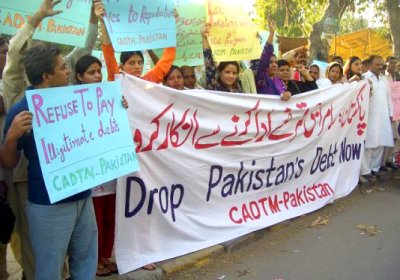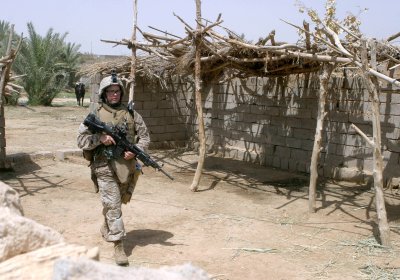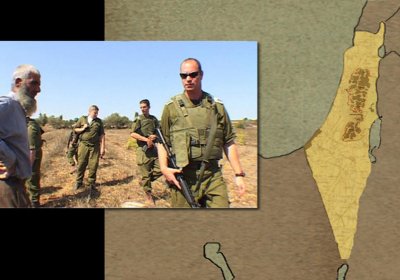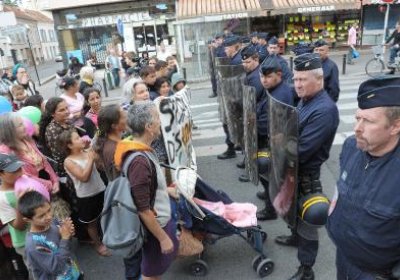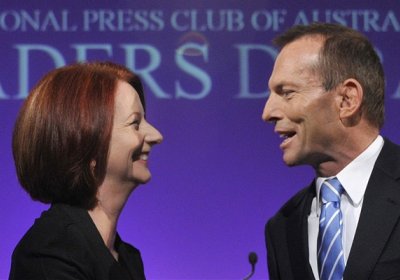851
Undoubtedly the best thing about the election result was that people — everywhere — were talking about politics. Some of the discussion was about the hung parliament where neither major party won majority support. Because the result wasn’t clear, it gave everybody an opening to form and express an opinion about what should happen next. Other parts of the discussion surrounded the sudden emergence of political issues that had been completely ignored in the “boring” election campaign. The war in Afghanistan is the best example.
Socialist Alternative’s Corey Oakley thinks many on the Australian left have got the federal election wrong. There is nothing positive about the balance of power being held by four independent MPs and one Green, he wrote in an August 27 article on the Socialist Alternative website. He said the left should be fearful of the independents, but some activists were wrongly celebrating the new role of these reactionary politicians.
- Previous page
- Page 2
- Next page
